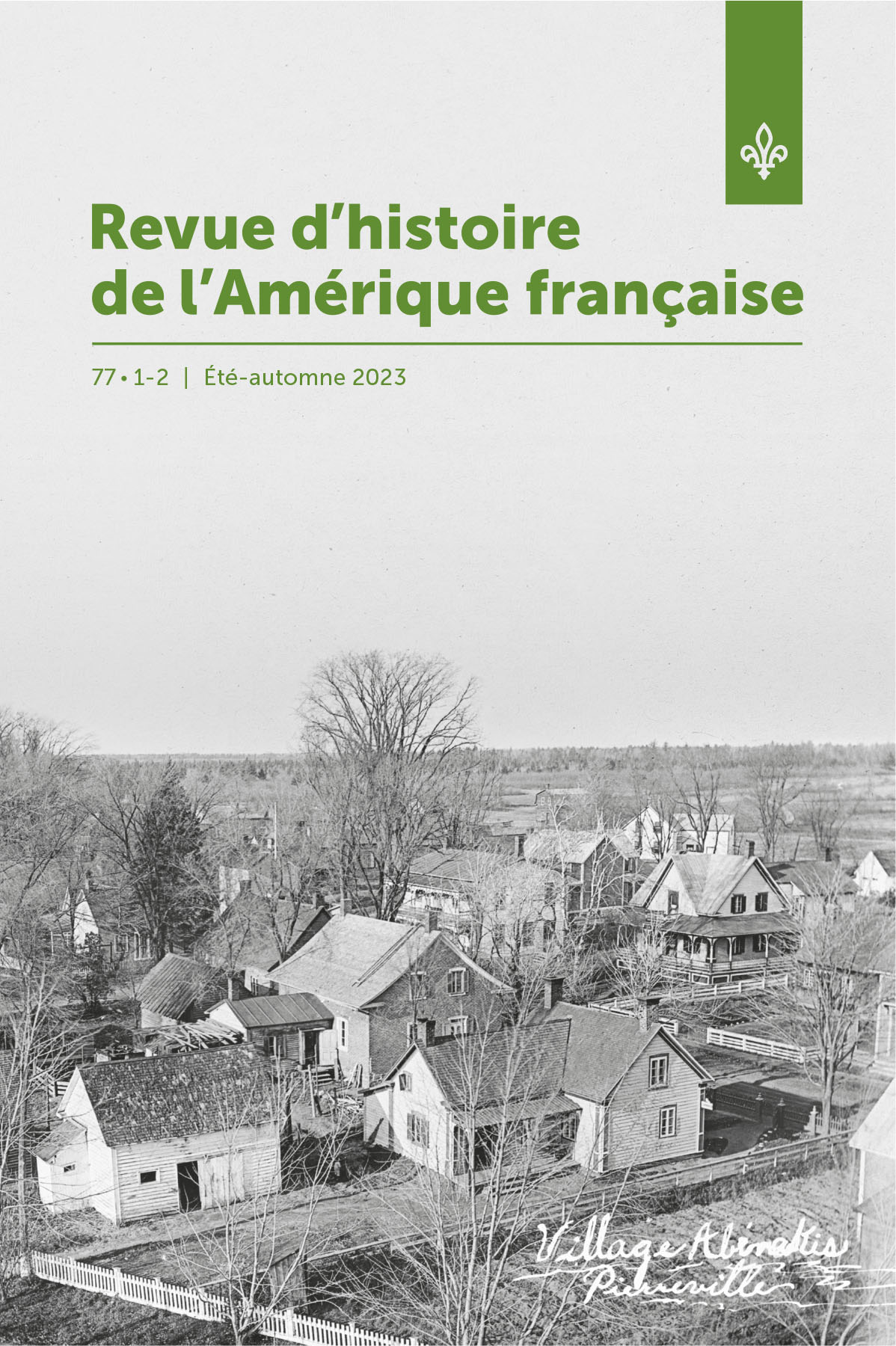La capacité juridique collective des Premières Nations avant la Loi sur les Indiens l’exemple des Abénakis d’Odanak
Contenu principal de l'article
Résumé
Cet article porte sur les transformations de la capacité juridique des communautés autochtones au sein de l’ordre juridique colonial canadien entre la fin du 18e siècle et l’adoption des premières lois concernant les Premières Nations en 1850. Il montre comment la tendance grandissante au 19e siècle à envisager le statut corporatif comme découlant seulement de l’État a contribué à l’effacement de la capacité juridique des collectivités autochtones. S’étant d’abord vu accorder une capacité juridique comme corps religieux (missions) dans les années 1830, les communautés autochtones ont ensuite été assimilées à des corps de nature politique, dépourvus du statut de corporation. La personnalité juridique apparaît ainsi comme un instrument juridique ayant facilité la dépossession des peuples autochtones. La démonstration s’appuie sur le cas de la communauté abénakise d’Odanak (Québec)
